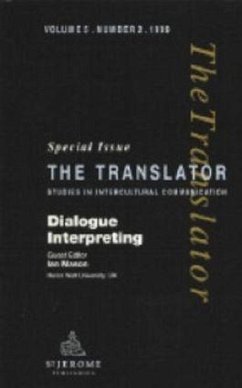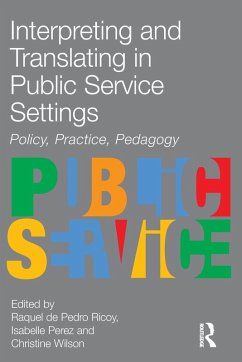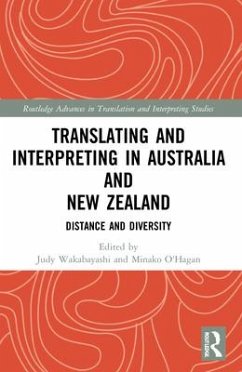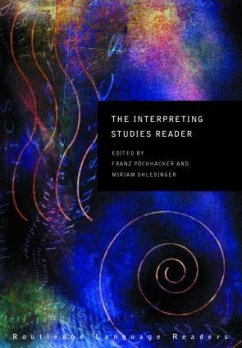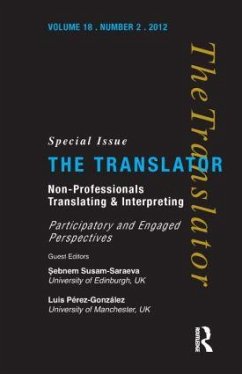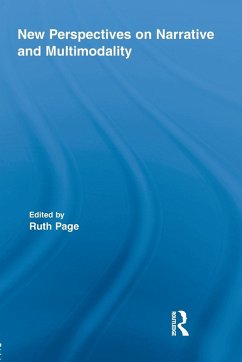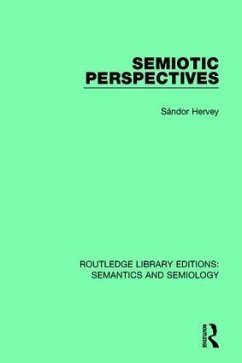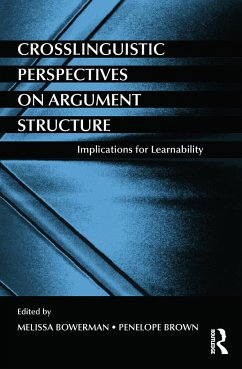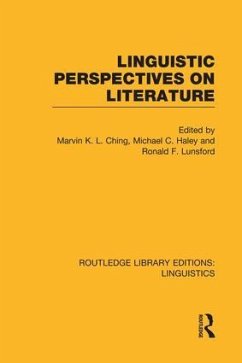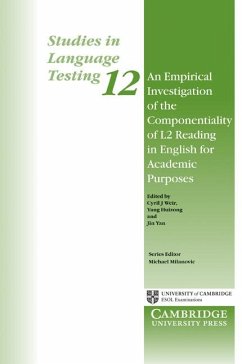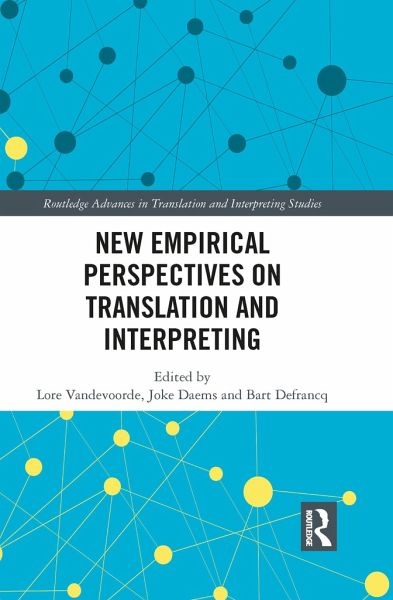
New Empirical Perspectives on Translation and Interpreting
Versandkostenfrei!
Versandfertig in 1-2 Wochen
56,99 €
inkl. MwSt.

PAYBACK Punkte
28 °P sammeln!
Drawing on work from both eminent and emerging scholars in translation and interpreting studies, this collection offers a critical reflection on current methodological practices in these fields toward strengthening the theoretical and empirical ties between them. Methodological and technological advances have pushed these respective areas of study forward in the last few decades, but advanced tools, such as eye tracking and keystroke logging, and insights from their use have often remained in isolation and not shared across disciplines. This volume explores empirical and theoretical challenges...
Drawing on work from both eminent and emerging scholars in translation and interpreting studies, this collection offers a critical reflection on current methodological practices in these fields toward strengthening the theoretical and empirical ties between them. Methodological and technological advances have pushed these respective areas of study forward in the last few decades, but advanced tools, such as eye tracking and keystroke logging, and insights from their use have often remained in isolation and not shared across disciplines. This volume explores empirical and theoretical challenges across these areas and the subsequent methodologies implemented to address them and how they might be mutually applied across translation and interpreting studies but also brought together toward a coherent empirical theory of translation and interpreting studies. Organized around three key themes-target-text orientedness, source-text orientedness, and translator/interpreter-orientedness-the book takes stock of both studies of translation and interpreting corpora and processes in an effort to answer such key questions, including: how do written translation and interpreting relate to each other? How do technological advances in these fields shape process and product? What would an empirical theory of translation and interpreting studies look like? Taken together, the collection showcases the possibilities of further dialogue around methodological practices in translation and interpreting studies and will be of interest to students and scholars in these fields.





